What does ‘ohana mean?
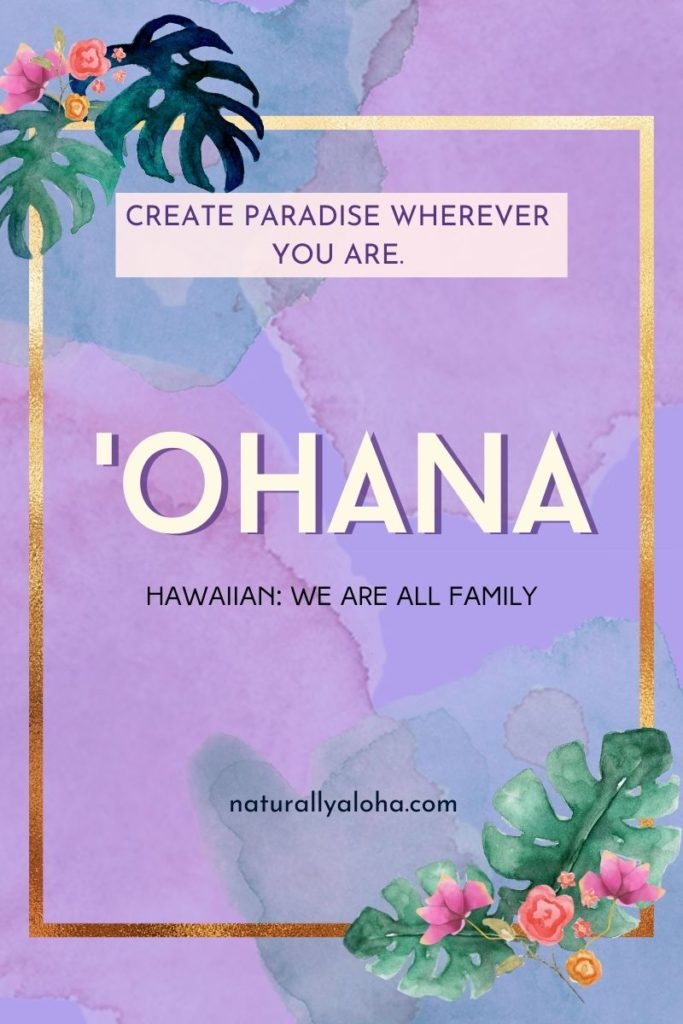
The Hawaiian word ‘ohana means family. The word is familiar to most people but seemed to be made popular by Disney’s “Lilo & Stitch,” where the characters quote, “‘Ohana means family. Family means no one gets left behind.”
This is indeed true of families, but there is a deeper meaning to the word and spirit of ‘ohana. It’s more than just inclusion or not being forgotten. It’s about fostering loving and lasting relationships with those of our blood-relatives, as well as our brothers and sisters in the human family.
The Polynesian culture deeply values ‘ohana, and family ties are more important than anything else—more important than money, than fame, than material things. A brother would sacrifice anything for a brother, a parent for a child, a sister for a sister… Family ties are so important.
Generations before are also deeply important. We find our sense of place by knowing who our ancestors were, and what they sacrificed for us.
So how do we implement the value of ‘ohana into our lives? What if we come from broken families, or if we’ve never felt the ties to loved ones?
Queen Lili’uokalani’s ‘Ohana
Those who have studied the life of Hawaii’s last monarch, Queen Lili’uokalani know that she was a hanai, adopted, daughter to Abner Paki and Laura Konia. In her own bibliography, the queen notes how this was the common practice of ancient Hawaii.
It was a custom that the firstborn in the family went to one of the parent’s siblings. This may seem odd to western culture, and the queen acknowledges this.
Why would anyone give their firstborn to a sibling to raise? we wonder.
It was the concept of ‘ohana… that we are all connected, and sharing families helps avoid pilikia, trouble or offense. It requires trust and confidence in your family to give your firstborn to a sibling.
If it was so important to the ancient Hawaiians to give their firstborn children to another for care, what does that mean for us today?
‘Ohana connects us, no matter what
Certainly, none of us are expected to give our firstborn children to a sibling!
But what if, instead of giving up a firstborn child, we give more love and friendship to our families?
If we granted them a little more trust or, at least, the benefit of the doubt, would that change the dynamic?
Would things change if we loved and had confidence in our families enough to support them? What if we forgave them willingly and openly?
The spirit of ‘ohana is that we are deeply connected: by our heritage, our shared blood, and our family ties. We came to this earth at this time, together, and we can be together even after this life.
The spirit of ‘ohana is that we support our blood ‘ohana as well as those not related to us. After all, we are all God’s children so every person we pass is a brother and sister. So we do well to one another, love one another, and care for one another—physically, mentally, emotionally, and spiritually.
How else can we live the spirit of ‘ohana?
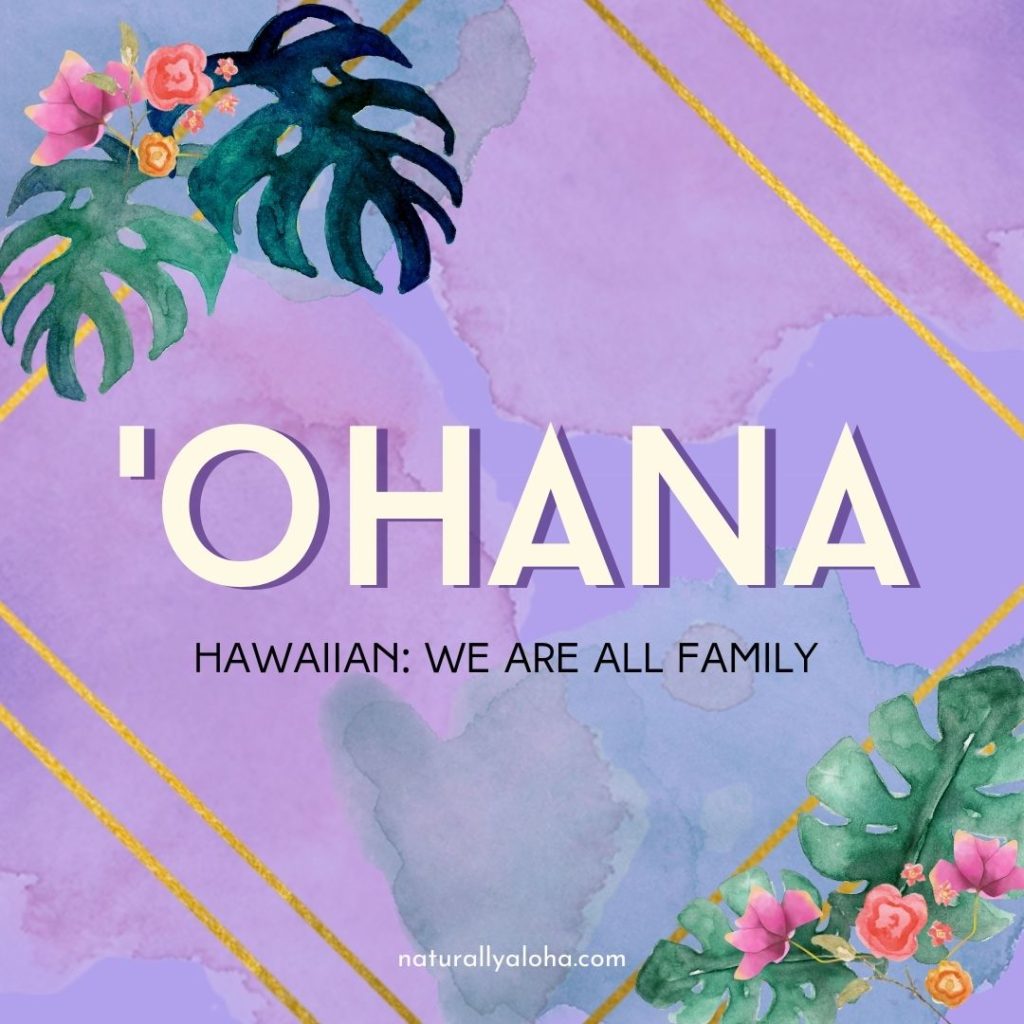
Reach out to ‘ohana
It seems to me that most families are not very open with one another. As the world advances in technology and resources, people grow further and further apart.
Take the time to reach out to your family members. Let them know you’re there. Even if you don’t agree on things, such as religion, politics, finances, etc do what you can to preserve the relationship. You’ll find that deep relationships, where differences are discussed in a mature and meaningful way, can last forever. And you might find that you have more in common than you realized.
Seek understanding
We all come from families of every shape and size, and it’s important to seek understanding in each interaction. Families mold the way we see the world, and it’s important to understand, for yourself and others, how families have shaped us. Most times we seek understanding by being better listeners. Read more about how to do that here:
Break cycles
Some of us come from families where abuse, in all its degrading forms, was common in the home. Have the courage to recognize the abuse, then make a decision to break the cycle. Many cycles of abuse are generational, meaning they pass from one generation to another.
It’s usually caused by the beliefs of ‘ohana members past, and their beliefs do not need to be yours. Notice your thoughts and feelings towards other and your family, and make the commitment to break any cycles that have repeated itself in your family.
For those coming from broken families
One of the hardest things for me in moving to the mainland was the constant stereotype that Polynesian families are strong and close. Most Polynesian families have strong ties and healthy relationships, but not all.
When my parents got divorced, I felt estranged from my dad and his family. I felt disenchanted by my grandparents, who had played such little roles in my life. So when people on the mainland assumed that, because I was Hawaiian, my family was strongly knit together, it hurt.
No family is perfect, but I did crave the strong bonds I saw in other families. It made my heart happy to see siblings that cheered one another on, and parents who genuinely listened and supported their kids.
Take heart 💙
So if you come from a broken family, take heart. You can still value ‘ohana and keep the spirit of it in your life.
Check out this article: How to keep it together when your family is falling apart
The spirit of ‘ohana is that every person is a part of the family, and every person has something they can contribute.
I believe that God compensates for the things we lack. For example, I never really had a strong emotional bond with either of my parents. Their way of coping with things was to stuff it down. Later in life, I met amazing women who were mother figures in my life. I never quite had a father figure, so I turned to God for that, because he is the father of our spirits, and he is perfect. Take hope, knowing that God compensates for the lack in your life.
There is hope for a better ‘ohana for everyone in this world. My hope came when I got married, knowing that I was starting my own ‘ohana. My hope came in knowing that I’m the one breaking the cycle of abuse so that generations after me will always have reason to hope.
So hold onto that hope, no matter what your ‘ohana looks like right now. And remember, you are a part of one big ‘ohana too!
With joy and aloha,
Leialoha
P.S. If you’re new here, check out my free mini course, 5 Hawaiian Days to Wellness, complete with Hawaiian values, challenges, and encouragement!
Pin this for later!

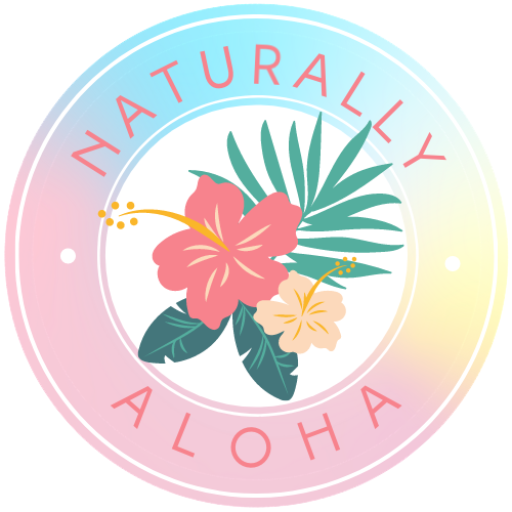
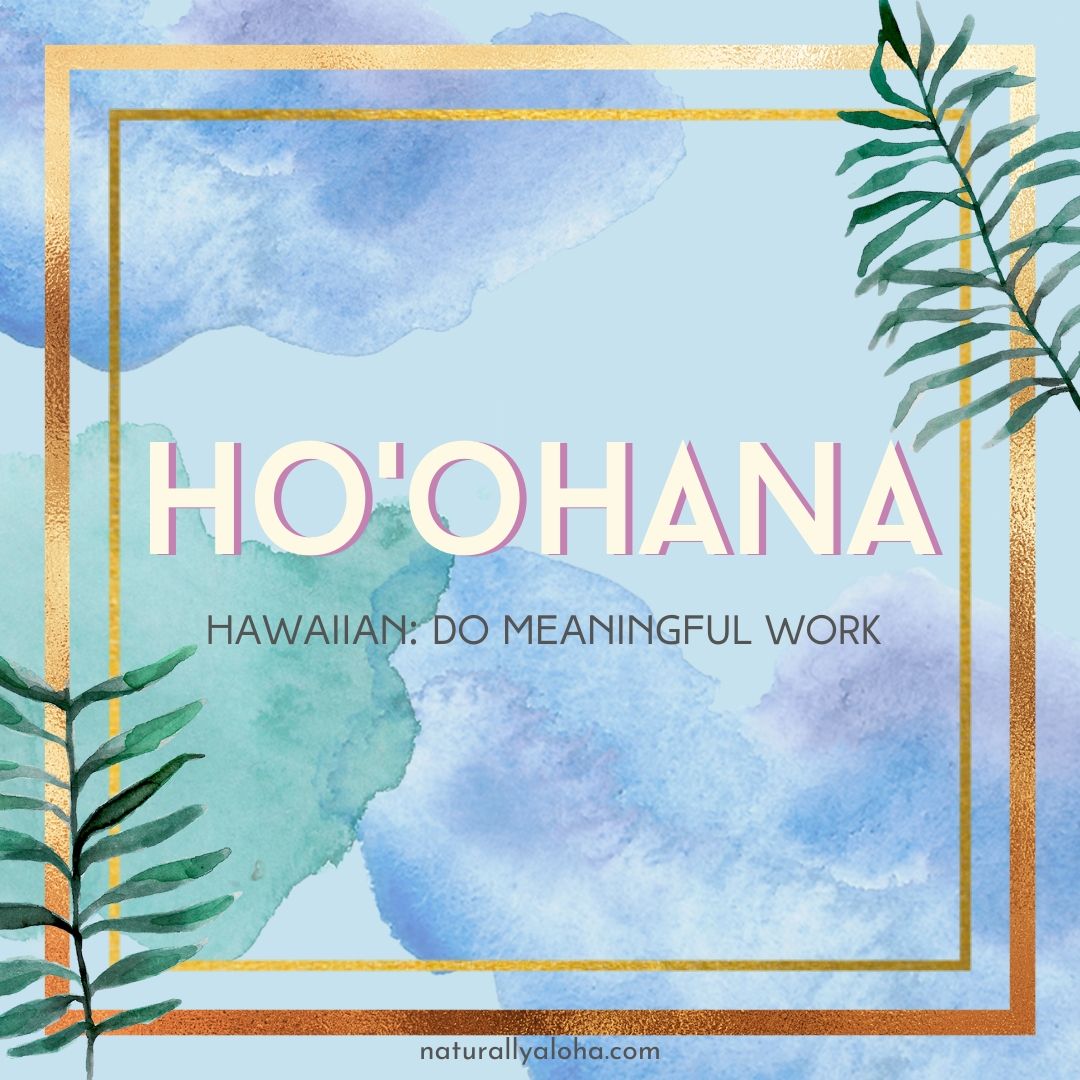
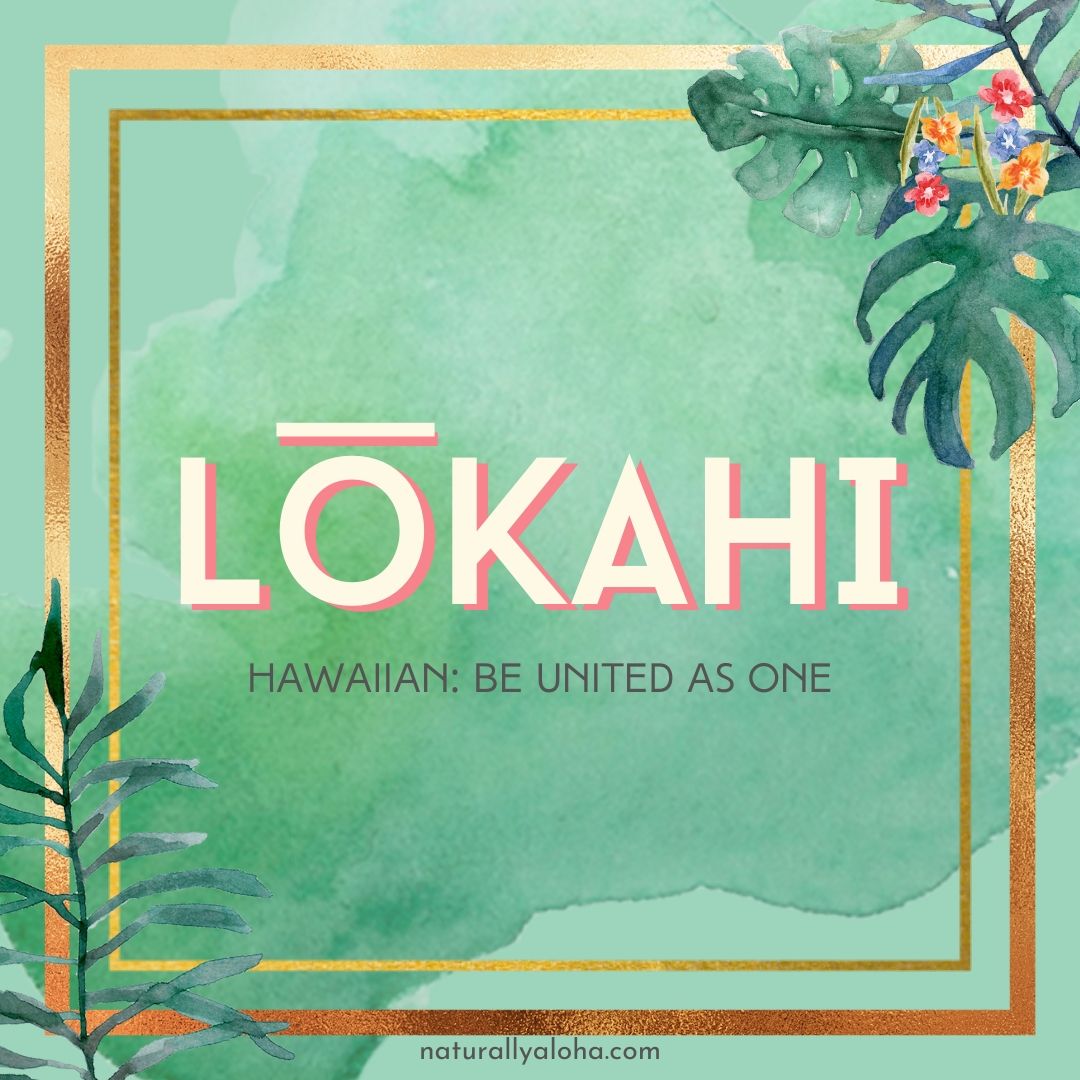

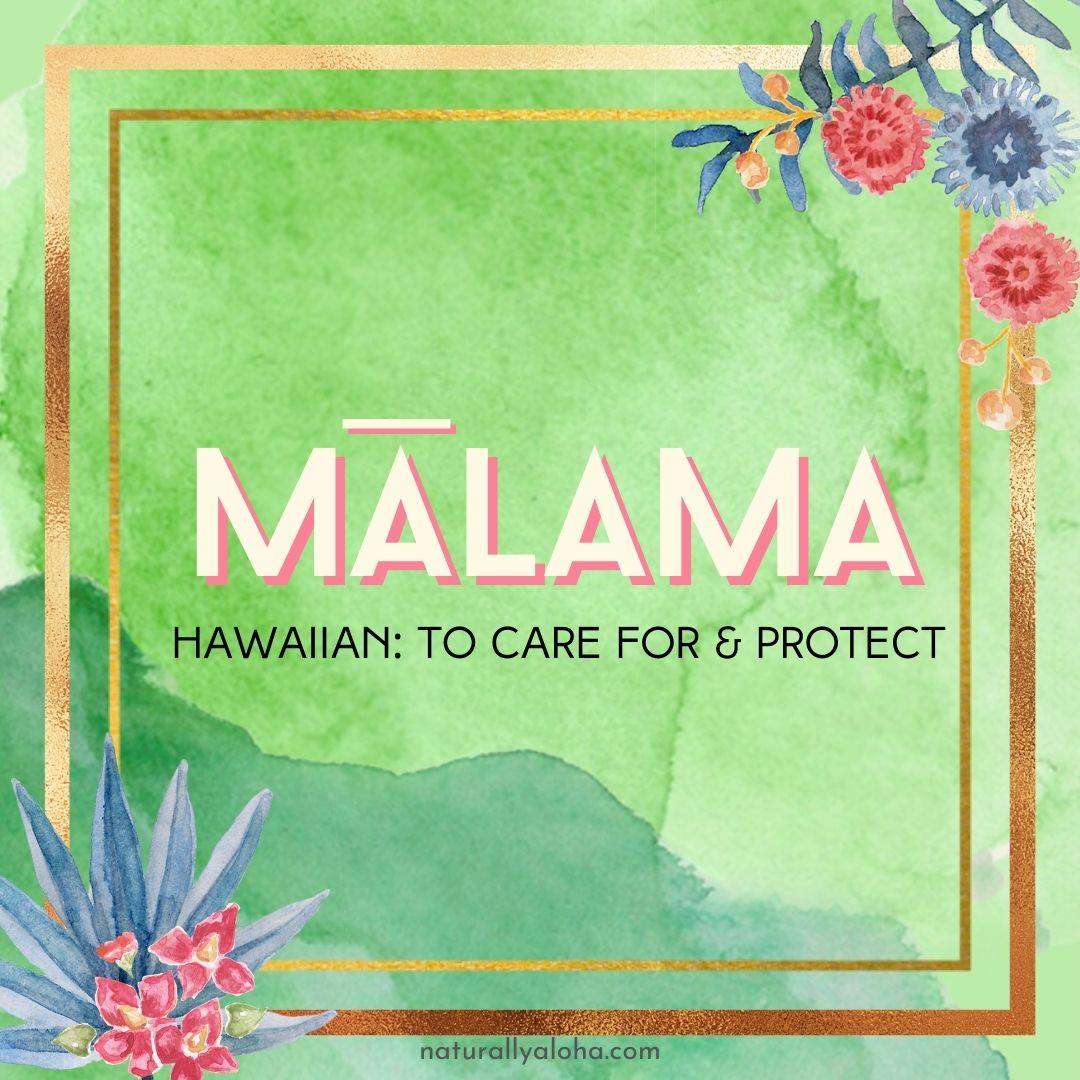
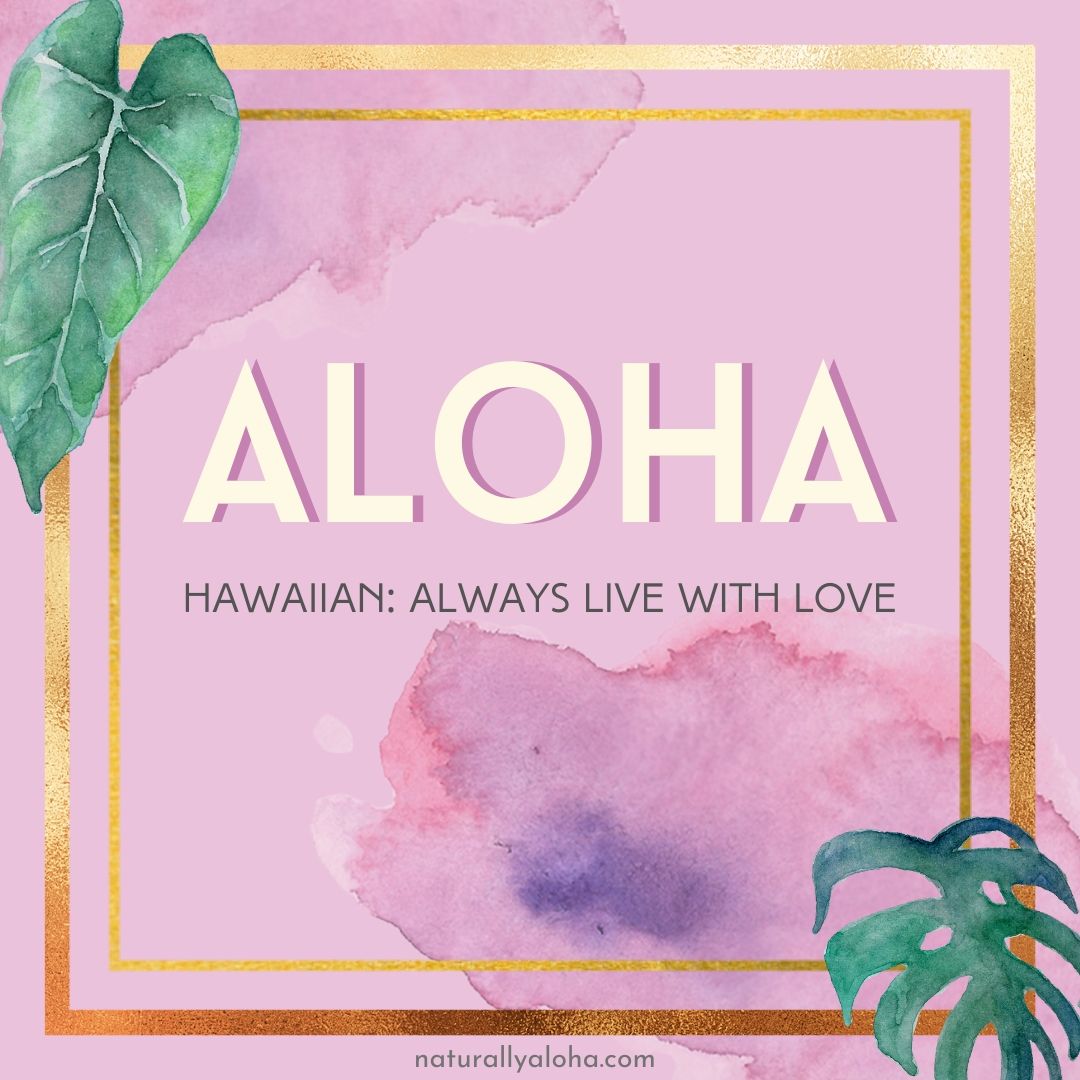
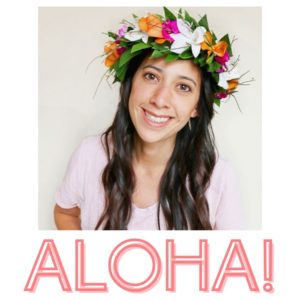
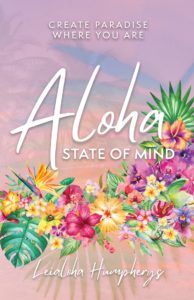
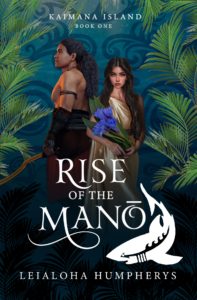
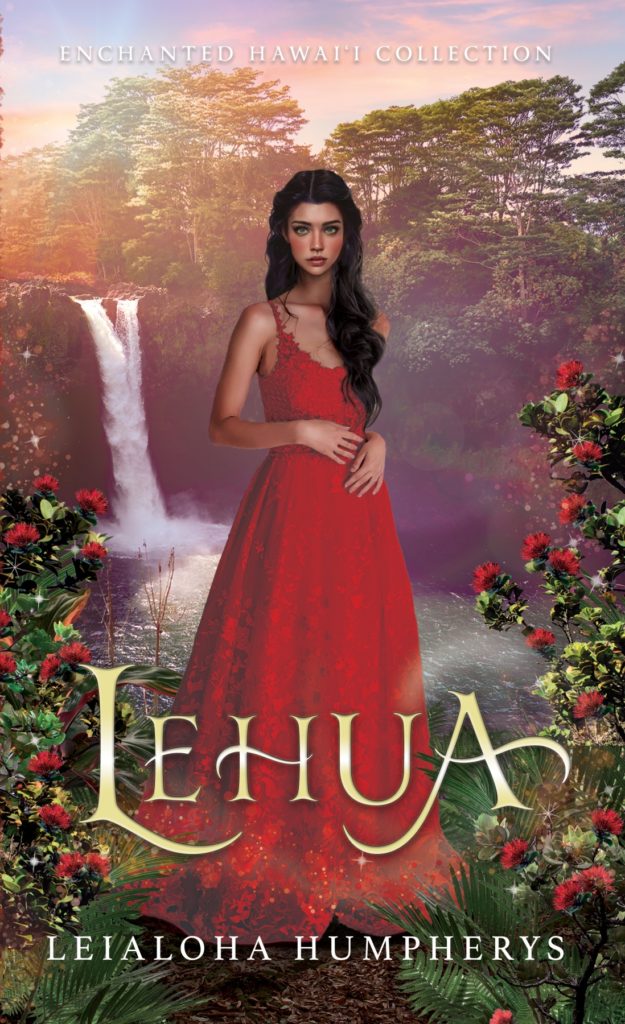
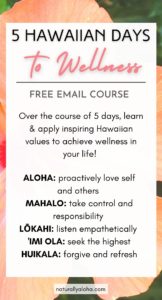
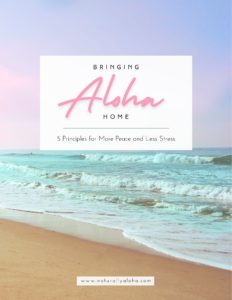

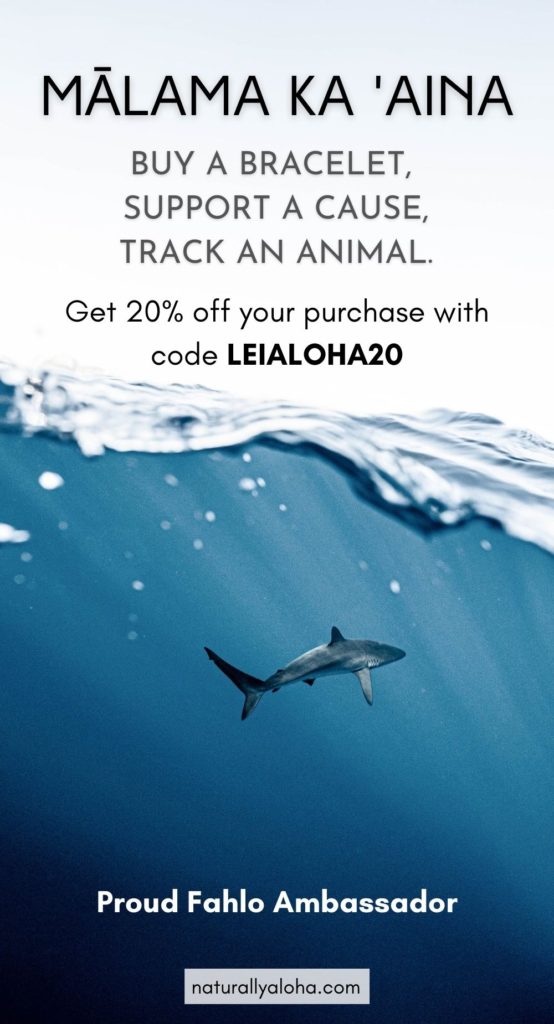
I loved receiving this.
Aloha Theresa,
So glad to hear this. Mahalo, and hope you enjoy the rest of the blog!!! 💙
Sincerely,
Leialoha